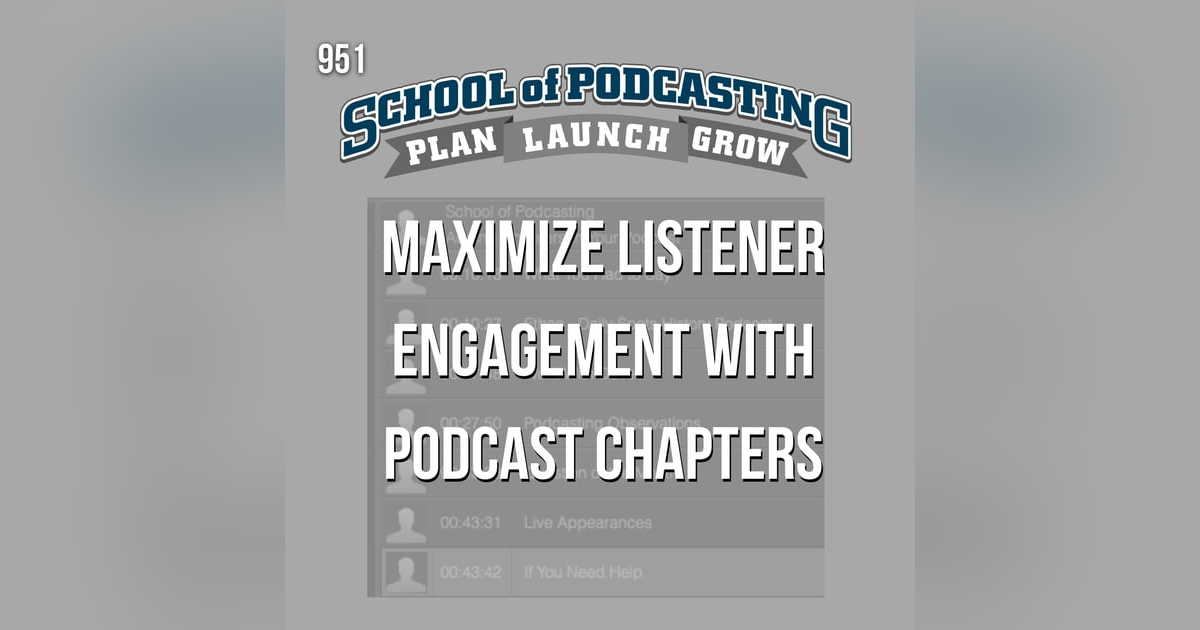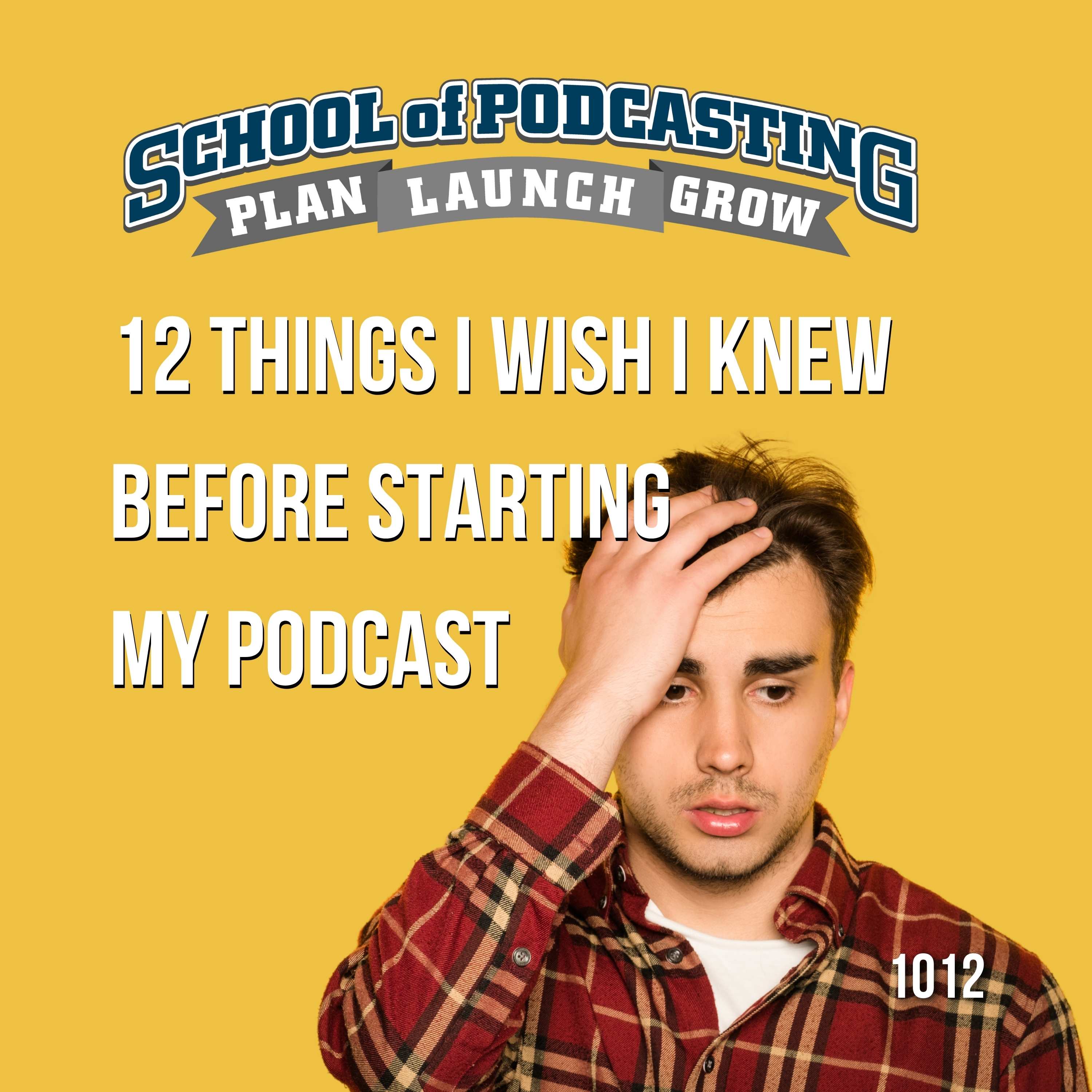Maximize Listener Engagement with Podcast Chapters

Chapters in podcast episodes allow listeners to easily navigate content, enhancing their listening experience by allowing them to skip to segments they find most intriguing or relevant. Dave Jackson explores the evolution and utility of chapters, reflecting on his initial disdain and eventual reliance on them. Dave invites podcasters to share their perspectives, highlighting a range of opinions from enthusiastic advocates to skeptics who worry chapters might disrupt the listener's engagement.
Tools like Hindenburg and Descript are spotlighted for their ability to integrate chapters seamlessly, while AI-driven solutions from hosts like Buzzsprout and Captivate are emerging to automate the process. As the podcasting landscape evolves, chapters are becoming a valuable feature for both content creators and audiences, though their adoption remains a personal choice, influenced by the podcast's format and the creator's goals.
All opinions are ours. Some links are affiliate links, meaning if you buy something through a qualifying link, we might make a small commission at no additional cost to you. As Amazon Associates, we earn from qualifying purchases.
Mentioned In This Episode
Ethan Reese - Daily Sports Podcast
David Hooper - Build a Big Podcast
Paul Taylor - Pass ACLS
John Wilkerson - Struggling For Purpose
Ralph Estep Jr - Ask Ralph
Stephanie Graham - NoseyAF
York - Welcome to Earth Stories
Zo Richardson - Back Look Cinema
Mentioned in this episode:
Live Appearances
I'd love to see you at these events. If you're going to be attending please let me know so we can meetup. For more information go to www.schoolofpodcasting.com/where
What is Your Favorite Podcast and Why?
If you could only listen to one show, what would it be, where can we find it, and WHY is it your favorite show?Don't forget to tell us a little bit about your show and where we can find it. I need your answer by December 26th, 2025
Check Out Dave's Newsletter With Behind the Scenes Content
In each issue of Podcasting Observations, I share my thoughts on what is happening in the podcasting space, my latest content, and things that have caught my eye. I also may ask for your opinion. Join the free community
Join the School of Podcasting Community
Feeling overwhelmed by the world of podcasting? The School of Podcasting is your sanctuary of simplicity and support. We understand that navigating equipment choices, content planning, and audience growth can be daunting. That's why we've designed our courses to break down every aspect into manageable, clear steps, making it easy for you to focus on what truly matters: your content. With access to my twenty years of experience, you'll gain the confidence to silence the chaos and amplify your unique voice. Embrace podcasting with clarity and ease—let the School of Podcasting be your guide through the noise
00:00 - Untitled
01:48 - What is a Chapter?
10:13 - What You Had to Say
10:27 - Ethan Reese - Daily Spots History Podcast
11:52 - David Hooper - Big Podcast
13:51 - Paul Taylor - Pass ACLS
16:41 - John WIlkerson - Struggling For Purpose
18:48 - Ralph from Ask Ralph
20:34 - Stephanie Graham from Nosey AF
21:55 - York From Welcome to Earth Stories
24:12 - Zoe Richardson - Back Look Cinema
26:48 - Dave Jackson - School of Podcasting
27:47 - Work With Dave
27:50 - Podcasting Observations
28:06 - How Do You Make Chapters
32:58 - Descript
34:45 - Captivate
37:54 - Avoid This Mistake
38:29 - How Much Times Does It Take?
41:07 - Not All Apps Use These
42:04 - Tangent - Bookmarks
43:55 - Question of the Month
44:50 - Live Appearances
45:23 - If You Need Help
46:13 - Bloopers







